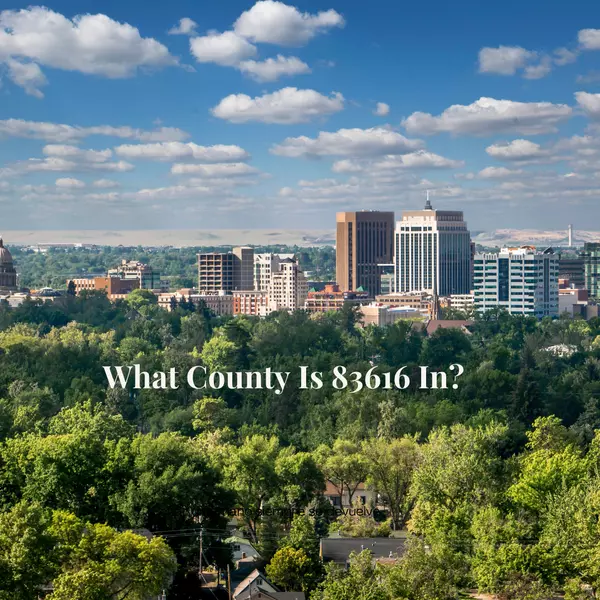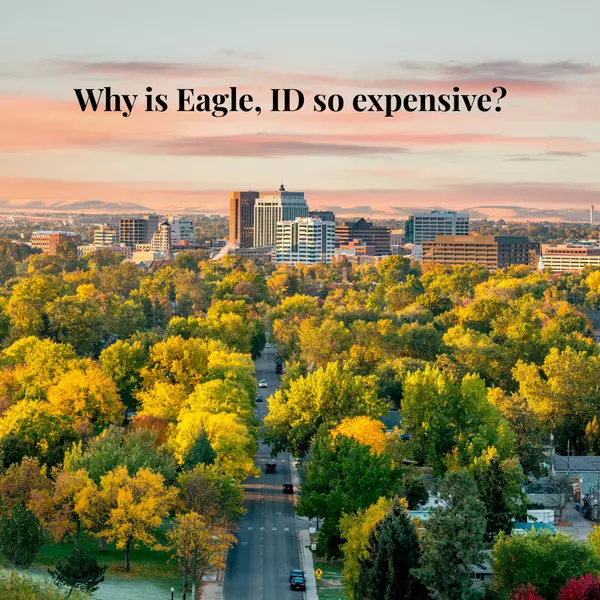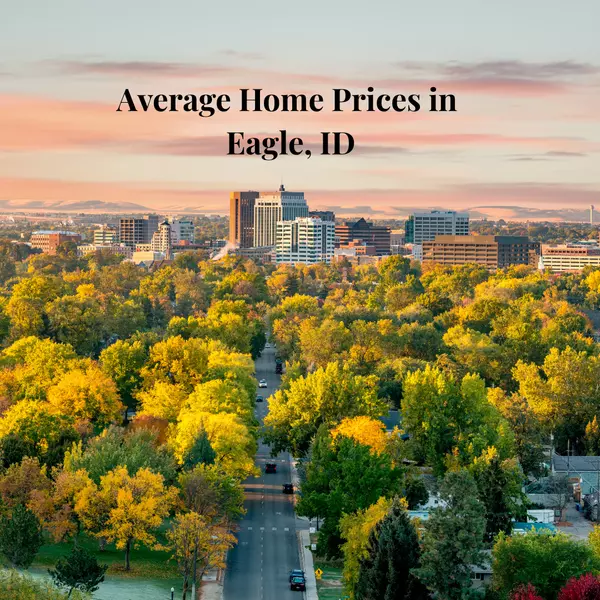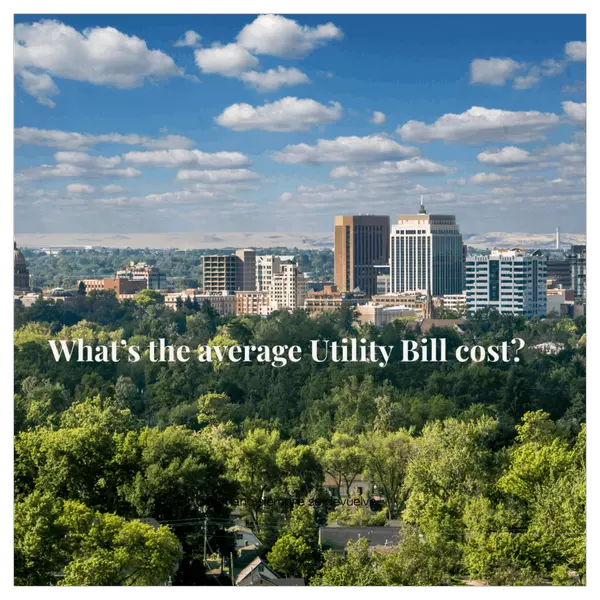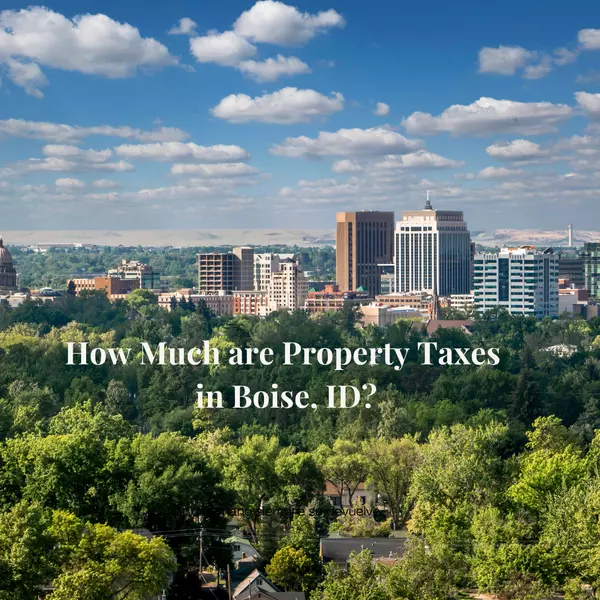Is there a housing shortage in Boise, ID?

Is There a Housing Shortage in Boise, ID? An Expert Look at 2025’s Market
As a real estate marketing expert here in Boise, Idaho, one of the questions I hear most often is: “Is there really a housing shortage in Boise?” The short answer is yes—but like most things in real estate, the details matter. Boise has been one of the fastest-growing metro areas in the country for over a decade, and while builders have been working hard to keep up, demand for housing continues to outpace supply.
In this article, I’ll break down why Boise is experiencing a housing shortage, what the latest data shows, and what this means for homebuyers, sellers, and investors in the Treasure Valley.
Why Boise Is Facing a Housing Shortage
1. Rapid Population Growth
Boise and the Treasure Valley have seen explosive growth. Thousands of new residents relocate to Idaho each year—many from California, Oregon, Washington, and other high-cost states. According to state projections, the Boise metro population will continue growing steadily through 2030. More people means more demand for housing, and inventory simply hasn’t kept pace.
2. Limited Housing Starts
While builders have been busy, the cost of land, labor shortages, and rising construction expenses have slowed new housing development. Even though new subdivisions are popping up across Ada and Canyon counties, the rate of construction is not enough to meet demand. This mismatch between supply and demand is one of the main drivers behind the housing shortage.
3. Low Inventory Levels
The Boise housing market has been defined by tight inventory for several years. A balanced housing market typically has about 5–6 months of supply. In Boise, we’ve hovered closer to 2–3 months of supply—a clear sign of shortage. Even when inventory rises slightly during seasonal shifts, it’s still not enough to satisfy buyer demand.
4. High In-Migration and Lifestyle Appeal
Boise isn’t just a stop-over city anymore. We consistently rank in national lists for best places to live, safest mid-sized cities, and best places for outdoor recreation. Remote workers and retirees alike are drawn here for the quality of life, lower taxes, and family-friendly environment. This inflow puts additional pressure on the housing market.
What the Data Tells Us
As of mid-2025, here’s what we’re seeing in the Boise housing market:
-
Median home prices in Ada County: Over $530,000, reflecting steady demand even as mortgage rates remain elevated.
-
Months of inventory: Around 3 months in Ada County, 2.9 in Canyon County—well below a balanced market.
-
Rental market squeeze: Apartment occupancy rates remain high, and Boise rents are among the fastest-rising in the Mountain West.
These numbers confirm that housing supply continues to lag behind demand. Even when prices cool slightly during seasonal cycles, the underlying shortage persists.
Why the Shortage Matters
For Buyers
The shortage means more competition. Buyers should expect fewer options, especially in popular neighborhoods like the North End, Harris Ranch, or Meridian. Multiple-offer situations are still common for well-priced homes. Patience and preparation are essential—you’ll want a strong pre-approval and a clear understanding of your must-haves versus nice-to-haves.
For Sellers
A housing shortage works in your favor. Homes in Boise are still selling faster than in many U.S. markets, and while bidding wars aren’t as frenzied as in 2021, sellers still benefit from limited competition. Pricing strategically and presenting your home well will help maximize returns.
For Investors
Boise’s housing shortage creates long-term rental demand. Investors should look at single-family rentals, small multifamily properties, and new-construction homes in high-growth areas like Kuna, Star, and Nampa. Low vacancy rates and steady population inflows make Boise attractive for buy-and-hold strategies.
Can Boise Build Its Way Out?
City leaders and developers are working on solutions, but the challenges are significant. Here are some key factors:
-
Zoning and Land Use: Updating zoning laws to allow for higher density, accessory dwelling units (ADUs), and mixed-use developments can increase supply.
-
Construction Costs: Labor shortages and rising material prices make it harder to build affordable homes at scale.
-
Infrastructure Needs: Growth requires expanded roads, schools, and utilities—adding cost and time to development.
-
Affordable Housing Programs: Non-profits and public-private partnerships are trying to expand affordable housing options, but funding remains limited.
The bottom line: Boise may not solve its housing shortage overnight. Supply will increase gradually, but demand is likely to stay strong for the foreseeable future.
What the Future Looks Like
Looking ahead, experts predict:
-
Moderate Price Growth: Prices aren’t skyrocketing like they did in 2020–2021, but Boise home values are expected to grow modestly in 2025 and 2026.
-
Slight Inventory Increases: Builders are adding homes, but not fast enough to create a surplus.
-
Continued Demand from Out-of-State Buyers: Idaho’s reputation as an affordable, high-quality lifestyle destination will keep migration strong.
This means the Boise housing shortage will continue shaping our market for years to come.
Tips for Navigating Boise’s Housing Shortage
-
Buyers: Work with an experienced local agent who knows the micro-markets. Move quickly on well-priced listings.
-
Sellers: Leverage professional marketing—quality photography, staging, and digital advertising—to maximize exposure in a market where buyers are still eager.
-
Investors: Focus on areas with job growth and infrastructure expansion. Long-term appreciation is tied closely to Boise’s ongoing population boom.
Final Thoughts: Yes, Boise Has a Housing Shortage
As a marketing expert working daily in the Boise housing market, I can say with confidence: yes, there is a housing shortage in Boise, ID. Demand continues to outstrip supply, driven by population growth, in-migration, and lifestyle appeal. While builders are adding homes, inventory remains far below balanced levels.
For buyers, that means competition. For sellers, it means opportunity. And for investors, it means Boise remains a strong long-term bet. The shortage isn’t going away tomorrow—but understanding it will help you make smarter real estate decisions today.
Categories
Recent Posts



